Well water may taste bad, appear unclean, or even pose a major health risk in the absence of a filter or treatment system. Well water pollution levels are not controlled or kept below a set threshold, in contrast to municipal water. Because of this, well water frequently has dangerously high concentrations of bacteria, iron, arsenic, and other pollutants. Contaminated well water can have detrimental effects on your health in the short and long term if it is not treated. Make sure you install the right systems and are aware of the impurities in your well water for your own and your family's safety.
Is a whole house well water filter necessary?
To eliminate impurities that are dangerous for uses other than drinking and cooking, whole-house well water filters are crucial. For instance, even though you should avoid drinking water when brushing your teeth, even a bit of contaminated water might be harmful if consumed. Other impurities, including minerals that harden water, could lead to plumbing problems in your house. Before water enters the plumbing system in your house, these kinds of impurities must be eliminated. A whole-house filtration system can safely treat your well water, but you might also want to add a point-of-use system to your drinking water supply. It's not always the case that water with a good flavor and smell is safe to drink.
How can my well water be tested?
While an at-home water test kit can be used to test for certain pollutants, a state-certified laboratory should do a thorough analysis of your well water. In certain counties, well water testing is even free. Water samples are gathered and shipped to a neighboring laboratory for a laboratory test. The results ought to reach you in two or three weeks after they are dispatched.
Although lab water tests are far more costly than at-home test kits, they yield results that are far more precise, detailed, and exhaustive. Understanding the impurities in your water is crucial for treating well water, thus the high cost of laboratory testing is well worth it. It is recommended to test well water for coliform, TDS, nitrates, and pH at least once a year. Get your well water tested right away if you see any indications of other contaminants. Unusual tastes, smells, or colors are examples of possible symptoms.
Types of well water filters to use
Well water should always be treated with sediment filters and UV disinfection systems, but if your well has particular toxins in it, you might need to add more filtering.
Filters for sediment:
As the name implies, sediment filters eliminate dirt, trash, and sediment from well water. Sediment filters are essential to the disinfection process even if they do not directly disinfect water. The UV systems' disinfecting light is blocked when silt is in the water. Sediment filters must therefore always be used in conjunction with a UV system. Sediment filters are employed as pre-filters in practically all filtering systems.
UV-resistant systems
Waterborne infections in your home are avoided by an ultraviolet (UV) disinfection system, which keeps bacteria, viruses, parasites, and cysts at bay. While chemicals are added during city water treatment to eliminate bacteria, UV systems deactivate microorganisms without changing the treated water's makeup. UV systems function by exposing water to a UV light wavelength that renders microbes' DNA inactive. Your well water could not be safe to drink, cook with, or take a bath in the absence of a UV system or a similar kind of treatment.
Softeners for water
If minerals that harden water are present in your well, water softeners are a must. By substituting sodium or potassium ions from a brine for the calcium and magnesium particles present in the water, a water softener eliminates hardness in the water. This raises the water's salt level, but more significantly, it softens the water and lessens the harmful effects of hard water. A water softener guards against detrimental limescale buildup for your home's appliances, plumbing, and well water storage tank. If you install a reverse osmosis system under your sink, you will also benefit from soft water. Reverse osmosis systems' membranes can become clogged with calcium and magnesium, which lowers system performance. High-quality water can be produced by a reverse osmosis system operating at maximum efficiency when it is placed after a water softener.
Carbon-based filtration
Both point-of-use and whole-house applications frequently employ carbon filters. Reverse osmosis systems, refrigerator filters, and whole-house filtration systems are among the devices that use them. Specialized in eliminating impurities that result in unpleasant tastes and smells are carbon filters. Lead, coliform, iron, and heavy metals may also be removed by some carbon filters. They can give well water a crispy taste, but they are also frequently used in city water to eliminate the taste and smell of chlorine.
Why is a well water filtration system important?
Well water filtration systems are essential because they ensure that water is adequately maintained and safe to use and drink. Water filtration systems for wells work hard to keep water pure, doing anything from balancing pH to supplying chlorine to kill bacteria.
Conclusion:
It is hard to categorize any well water as the best filter for well water because each has its uniqueness and features but comparatively most suitable filters for eliminating a lot of impurities from water, including potentially harmful bacteria linked to waterborne illnesses, are reverse osmosis units. Pressure is used to force water through the reverse osmosis membrane in RO filters.
